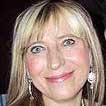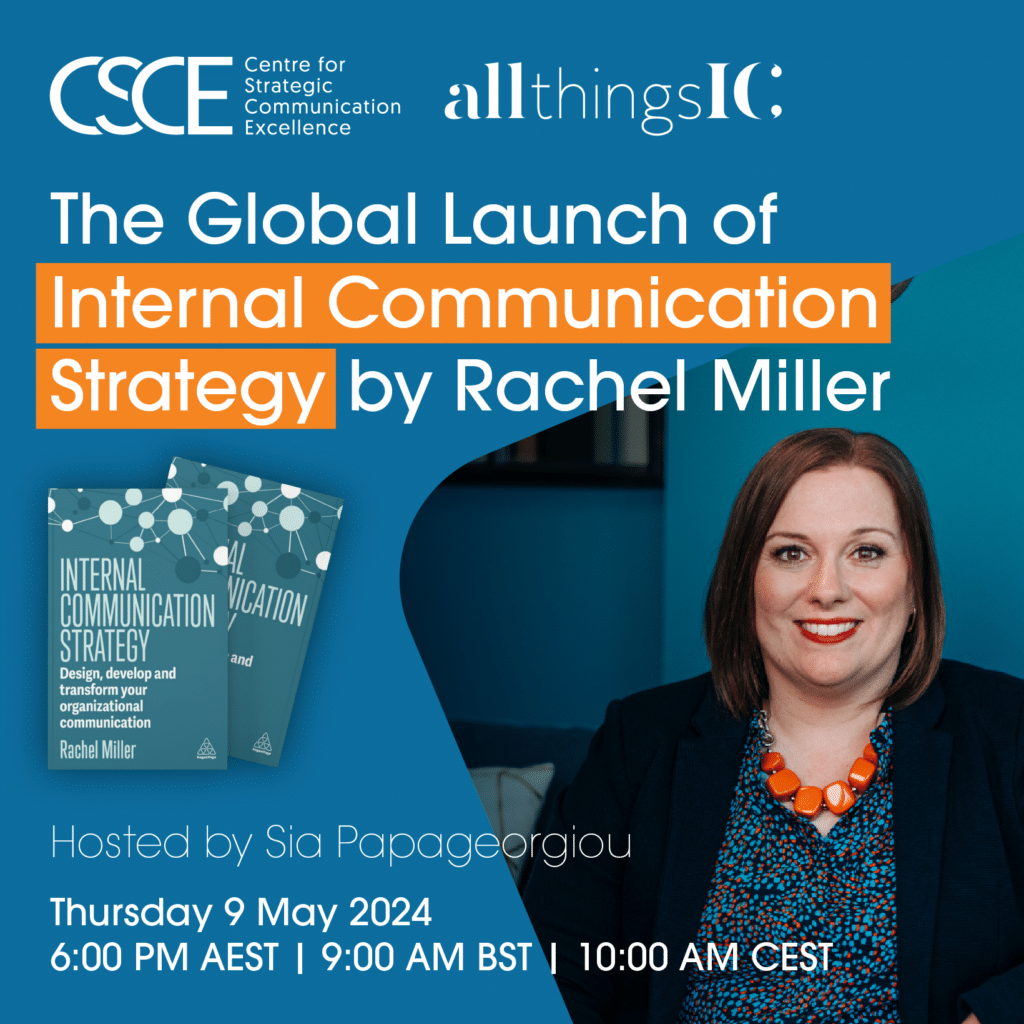This article highlights a dominant trend that marketing and communication professionals have danced around for decades. Some call it integration while others call it convergence. The Merriam-Webster dictionary defines convergence as the “merging of distinct industries into a unified whole,” and integration as “the combining of two or more things to form or create something.”
Regardless of what it’s called, it mes the same thing. Today’s marketing and communication professionals are experts in some of the same disciplines: business and audience analysis, research as an input to inform strategic direction, and measurement as a meaningful, measurable outcome. The same applies to audience segmentation, stakeholder management, key message development, creative alignment, tactical planning, budgeting and project management.
While similar, each profession has unique knowledge that is applied to various disciplines, and herein lies the challenge of convergence.
- As a rule of thumb, marketing professionals use different processes based on price, product, promotion and place. There will be a learning curve for communication professionals to understand and integrate this knowledge into their competencies.
- Communication professionals measure the impact of their work in increased awareness and understanding, and motivation of audience behaviour. Marketing professionals can track the impact of their work straight to the cash register.
- Marketing has been recognised as a business essential much longer than its communication counterpart and in many instances, communication has yet to occupy a place at the senior executive table.
- Marketing typically doesn’t deal with the internal audience while communication focuses its strategies on both internal and external audiences.
The convergence of marketing and communication has been studied by a number of organisations and the findings are both predictable and fascinating with significant implications for the career paths of marketing and communication professionals.
In 2014 Weber Shandwick completed a series of 10 in-depth interviews with Chief Communication and Marketing Officers across the U.S., Europe and Asia Pacific to explore convergence of marketing and communication. The report explores the drivers behind convergence, the upsides and downsides, how integrated organisations are structured and the role of social media.
The report says, “It’s no surprise that marketing and communication have existed in separate silos and regardless of the intent to cross-pollinate where practical and share research and strategies, the two disciplines have largely worked in isolation.”
What’s driving convergence?
The Weber Shandwick report predicts cultural clashes between marketing and communication and a steep learning curve for professionals and organisations. What’s driving convergence? Check out the drivers, the return on investment for organisations, and the challenges that lay in wait in the full report.
Reputation management firm FleishmanHillard says, “Marketing and communications have long stood in separate silos with different goals, strategies and programming tracks.” Calling for collaboration and integration, the organisation says, “As corporate marketing and communications professionals, we are on the front lines of this escalating need, not only attempting to integrate our own disciplines.
Additionally, CCOs, CMOs and their teams are also expected to drive integration of multiple functions, break down silos, as well as align marketing and communications as companies require unified global messaging, branding and reputation management that will get everyone aligned inside and outside the organisation.”
Actions speak louder than words, and in 2014 the company appointed a Global Strategic Integration Lead. Bob Winslow, executive vice president and head of global practices said, “Integration doesn’t just mean offering a range of services to clients. Rather than viewing these as discrete offerings, we see strategic integration as a way to unite insights, creativity, strategy and communication as a holistic solution that is a competitive advantage for our clients in the marketplace.”
A combination of branding and reputation produces stronger results than either of the two individually, yet a sizeable portion of companies have yet to link these efforts. The organisation says that 80 percent of Chief Marketing Officers think integrated services will increase in importance over the next five years and that C-suite leaders see communication strategy as key to company strategic planning and financial success.
Burson-Marsteller, a leading global communication public relations and communication firm says, “It is increasingly evident that the future lies in the full integration of all the communication disciplines. Lines of demarcation are slowly, but surely being dissolved. Driven by the fast pace of technological innovation, we can expect the industry evolution towards integrated communication to gather pace.
The convergence of marketing and communication will mark a significant change for both professions and it’s tricky to predict the shape of things to come with any certainty.
Will the marketing communication professionals of the future be hybrids? What competencies will you need to gain to be successful? How will convergence change the marketing and communication curriculum taught in universities and business schools?
These and more questions are lying in wait for those who are blazing the path to convergence.





